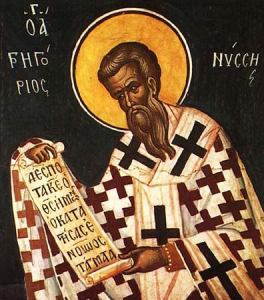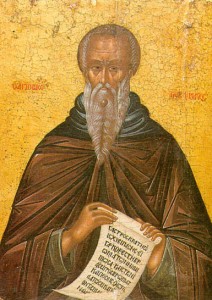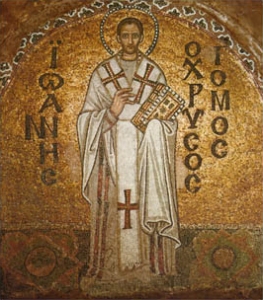 The forgiveness of debts is a unique and special prerogative of God.
The forgiveness of debts is a unique and special prerogative of God.
It was said: “No one can forgive sins but God alone” (Mk 2:7).
[…] A person obtains confidence in prayer by willingly imitating every conceivable attribute of God who is both kind and gentle, the source of all blessings and the dispenser of mercies to all.
It is not becoming that an evil person should enjoy intimacy with a good person, nor that a person who wallows in impure thoughts should have communion with one who is pure and undefiled.
In like manner, hardness of heart separates the supplicant from the love of God.
Whoever holds someone else in bitter bondage because of outstanding debts has by his own conduct excluded himself from divine love.
What communion can there be between love and cruelty, kindness and harshness, or any attribute and its opposite that is evil? Mutual opposition keeps them separated. For whoever is possessed by any particular attribute is necessarily estranged from its opposite.
Just as one who dies no longer lives, and the one who lives is estranged from death, so also he who approaches the love of God must necessarily be removed from every disposition of callousness.
Whoever is free of all those dispositions understood as being evil, he becomes in some way god by reason of his condition having achieved in himself what reason understands to be attributes of God.
Do you see to what greatness the Lord exalts those who hear Him through the words of the prayer? He transforms human nature in some way to be closer to the divine. He decrees that those who approach God should become gods.
Why do you come to God, He says, in a slavish manner, trembling in fear and plagued by your own conscience? Why do you exclude yourself from the confidence which coexists with the freedom of the soul from the beginning and which is intrinsic to the essence of your nature?
Why do you use flattery with Him who cannot be flattered? Why do you direct fawning and flattering words to the One who looks at deeds?
Every blessing that comes from God is permissible to you. You can possess it with a free spirit. Be your own judge. Cast the saving vote for yourself. Do you ask God to forgive your debts? Forgive the debts of others and God will cast his favorable ballot.
You yourself are the lord of judgment concerning your neighbor. This judgment, whatever it maybe, will bring an equal decision upon you. For whatever you decide to do, will be ratified by the divine judgment in your case, too.
Gregory of Nyssa (c 335 – after 394): Fifth Homily on The Lord’s Prayer.

 Some girls do wrong without shame, and there are others who secretly and with apparently great modesty behave still worse than the former; and it is the same with shameful passions.
Some girls do wrong without shame, and there are others who secretly and with apparently great modesty behave still worse than the former; and it is the same with shameful passions.













